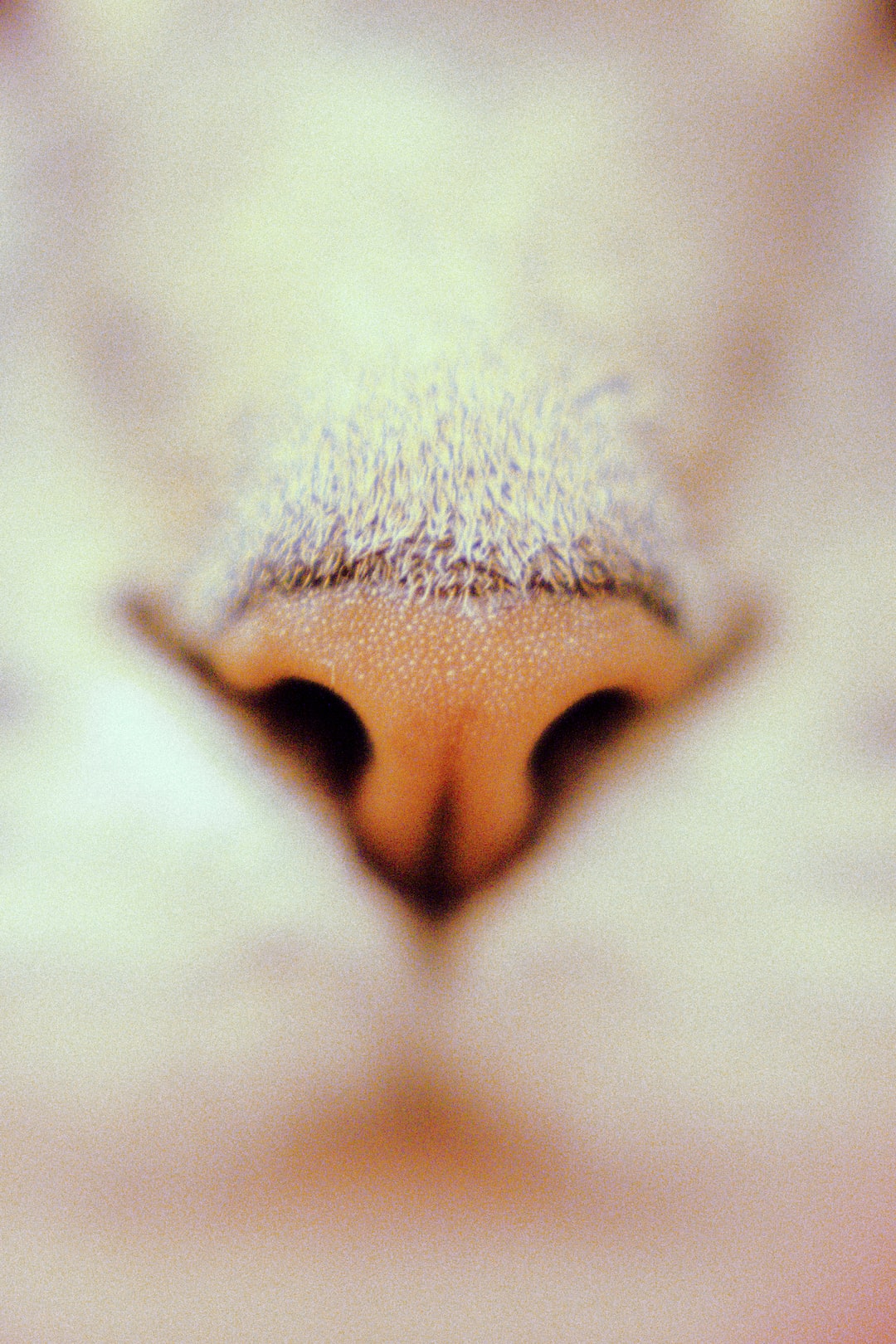The Dos and Don’ts of Training a Puppy
Bringing home a new puppy can be an exciting and joyful experience. However, it also requires a great deal of responsibility and patience. Proper training plays a crucial role in ensuring that your puppy grows up to be a well-behaved and obedient dog. To help you navigate this journey successfully, here are some essential dos and don’ts of training a puppy.
Dos:
1. Start Early
The best time to begin training your puppy is as soon as you bring them home. Puppies have a short attention span, so engaging them early on allows you to establish a positive foundation for future training sessions. It is essential to teach them basic commands like sit, stay, and come, as well as desirable behaviors such as potty training and leash walking.
2. Use Positive Reinforcement
Positive reinforcement is a powerful tool when it comes to training your puppy. Rewarding good behavior with treats, love, and praise encourages them to repeat those actions. Be consistent with your rewards and make sure to offer them immediately after they display the desired behavior. This approach helps the puppy associate positive actions with positive outcomes.
3. Keep Training Sessions Short
Puppies have limited attention spans, so it is important to keep training sessions short and engaging. Aim for 5-10 minute sessions several times throughout the day, rather than one long session. This will help keep your puppy focused and prevent them from becoming overwhelmed or bored. Remember, training should be a fun and positive experience for both you and your puppy.
4. Be Patient and Consistent
Training a puppy requires patience and consistency. Understand that it takes time for them to grasp and learn new behaviors. Avoid getting frustrated or resorting to punishment, as this can hinder their progress. Consistency is key, so make sure everyone in the household follows the same training techniques and rules to avoid confusion.
5. Socialize Your Puppy
Socialization is crucial for a puppy’s development. Introduce them to various environments, people, and other animals at an early age. This exposure helps them become well-adjusted and confident dogs. Organize playdates, take them to puppy classes, and gradually expose them to different sights, sounds, and experiences. Remember to supervise interactions to ensure their safety.
Don’ts:
1. Don’t Use Harsh Punishments
Using harsh punishments, like yelling or physical force, is not only ineffective but can also damage the trust and bond between you and your puppy. Instead, focus on positive reinforcement and redirecting unwanted behaviors towards appropriate alternatives. For example, if your puppy chews on furniture, offer them a chew toy instead.
2. Don’t Skip Regular Exercise
A tired puppy is less likely to display destructive or restless behavior. Regular exercise not only improves their physical health but also helps to release excess energy. Provide your puppy with playtime, walks, and mental stimulation to keep them happy and content. A tired puppy is a well-behaved puppy.
3. Don’t Allow Inconsistent Rules
Inconsistency in rules confuses puppies and slows down their training progress. Ensure that everyone in the household agrees on and enforces the same set of rules. For instance, if you don’t want your puppy on the couch, make sure everyone reinforces this boundary. Consistency provides the structure and clarity puppies need to understand and follow expectations.
4. Don’t Overwhelm Your Puppy
While socialization is essential, overwhelming your puppy with too many new experiences at once can cause stress and anxiety. Gradually expose them to new environments and situations, allowing them to adjust at their own pace. Pay attention to their body language and provide a safe space where they can retreat if they feel overwhelmed.
5. Don’t Neglect Mental Stimulation
Puppies have curious minds, and mental stimulation is just as important as physical exercise. Puzzle toys, interactive games, and obedience training provide mental challenges that prevent boredom and promote learning. Engaging their minds will not only tire them out but also strengthen the bond between you and your puppy.
In conclusion, training a puppy requires a combination of love, patience, and consistency. By following the dos and avoiding the don’ts, you can lay the groundwork for a well-behaved and happy four-legged companion. Remember to start early, use positive reinforcement, and socialize your puppy. Stay patient, be consistent, and make training sessions short and enjoyable. With time and effort, your puppy will grow into a lovable and obedient adult dog.
